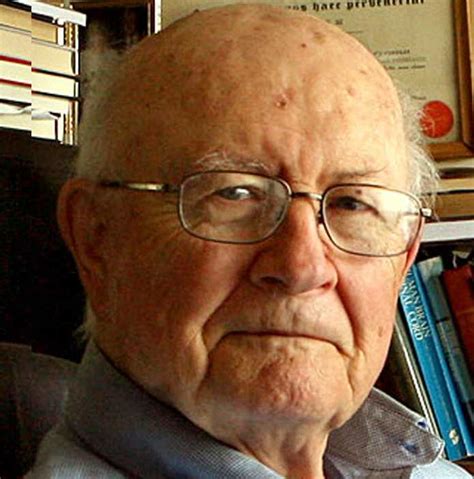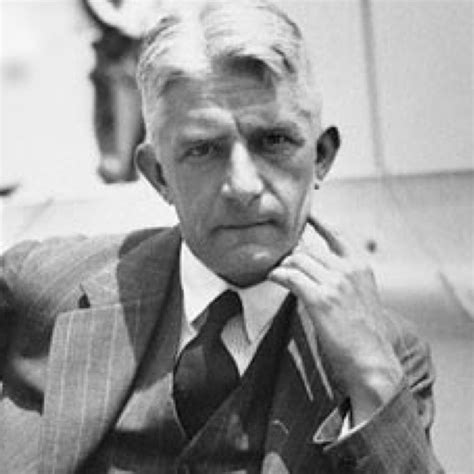A Quote by Milan Kundera
Our historical experience teaches us that men imitate one another, that their attitudes are statistically calculable, their opinions manipulable, and that man is therefore less an individual (a subject) than an element in a mass.
Related Quotes
Wisdom is a condition of consciousness rather than an attitude of mind. Wisdom is that state of being in which an individual finds himself when realization has tinctured and transmuted all attitudes and opinions. A wise man is one who has experienced wisdom, wisdom in this sense being a mystical experience.
Man has but little heeded the advice of the wise men. He has been - fatefully, if not willingly - less virtuous, less constant, less rational, less peaceful than he knows how to be, than he is fully capable of being. He has been led astray from the ways of peace and brotherhood by his addiction to concepts and attitudes of narrow nationalism, racial and religious bigotry, greed and lust for power.
Every man is rich or poor according to the proportion between his desires and his enjoyments; any enlargement of wishes is therefore equally destructive to happiness with the diminution of possession, and he that teaches another to long for what he never shall obtain is no less an enemy to his quiet than if he had robbed him of part of his patrimony
I think our conception of literature should accommodate not only apolitical writers but also those whose political opinions we find unpalatable. Fiction after all comes from a different, less rationally manipulable side of the brain. I am personally very attached to reactionary figures like Dostoyevsky, Hamsun, and Céline.
History teaches us that a given view has been abandoned in favor of another by all men, or by all competent men, or perhaps by only the most vocal men; it does not teach us whether the change was sound or whether the rejected view deserved to be rejected. Only an impartial analysis of the view in question, an analysis that is not dazzled by the victory or stunned by the defeat of the adherents of the view concerned - could teach us anything regarding the worth of the view and hence regarding the meaning of the historical change.
If we wish to imitate the physical sciences, we must not imitate them in their contemporary, most developed form; we must imitate them in their historical youth, when their state of development was comparable to our own at the present time. Otherwise we should behave like boys who try to copy the imposing manners of full-grown men without understanding their raison d' être, also without seeing that in development one cannot jump over intermediate and preliminary phases.
In philosophical anthropology, ... where the subject is man in his wholeness, the investigator cannot content himself, as in anthropology as an individual science, with considering man as another part of nature and with ignoring the fact that he, the investigator, is himself a man and experiences this humanity in his inner experience in a way that he simply cannot experience any part of nature.
Most creativity is a transition from one context into another where things are more surprising. There’s an element of surprise, and especially in science, there is often laughter that goes along with the "Aha." Art also has this element. Our job is to remind us that there are more contexts than the one that we’re in - the one that we think is reality.





































